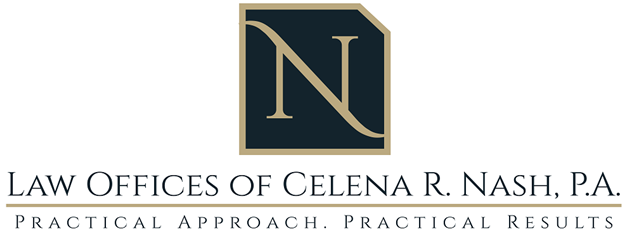What are general strategies for minimizing costs when dealing with conflicts with other parties?

What are the considerations one should take into account when drafting or negotiating a commercial lease?
February 1, 2019
Practical Approach for Community Association Risk Management
September 3, 2019What are general strategies for minimizing costs when dealing with conflicts with other parties?
The most effective way to minimize costs when dealing with a conflict with an opposing party is to have an in-house counsel on staff or to retain an external counsel to act as your general counsel who is committed to resolving disputes amicably, expeditiously and without the need to resort to litigation. Work with your attorney to:
- Understand the dispute by objectively gathering all of the facts and supporting documentation at the earliest possible juncture.
- Carefully determine your position based upon the facts.
- Know your adversary’s position.
- Make sure that you are familiar with your contractual relationship and the terms of your contract with your adversary. Make certain that you are prepared to comply with any provisions in your contract requiring notices, designated manners of dispute resolutions, etc.
- Remain objective about the dispute. Even if the argument involves a moral issue try to regard it solely as a business problem.
- Attempt to resolve the dispute in a manner least burdensome to both you and your adversary.
- If you have exhausted all other remedies and litigation is your only option, understand fully the costs, risks and time involved in litigation. Be mindful that the real expense in litigation is not attorney’s fees but rather the time you lose working on your business and the mental wear and tear of participating in a potentially long, contentious proceeding.
If litigation is the only alternative to resolve your dispute, consider taking these steps to effectively minimize litigation expenses:
- Ask your counsel for a litigation plan or strategy: In connection with a litigation budget, your attorney should provide an overview of the strengths and weaknesses of the case, short and long term objectives and a strategy.
- Consider whether an expert witness is necessary: Expert witnesses are essential in specialized industries but they are not a must for every case. The costs of using expert witnesses can radically increase the expense of litigation.
- Limit the number of depositions you take: Your counsel should always try to get as much discovery as possible via written requests. Depositions should be used only when absolutely essential.
- Do not “over-lawyer” your case: In all but the most exceptional cases, it is erfectly sufficient for only one attorney to attend a court hearing or deposition.
- Work cooperatively with your counsel: The more information with which you can provide your attorney with and the more accessible you are to them, the more effectively and efficiently they will be able to perform their job.
It is undeniable that business disputes can be incredibly expensive and can even result in the collapse of a business. In addition, the costs increase exponentially if you are forced to litigate your case. You may, however, be able to avoid litigation completely or, at a minimum, reduce the high price tag of said litigation, by remaining an active participant in your own case and by working cooperatively with your counsel.




